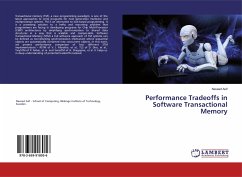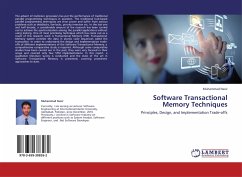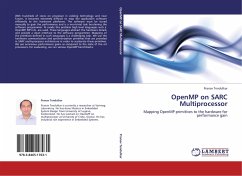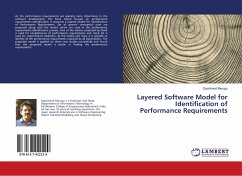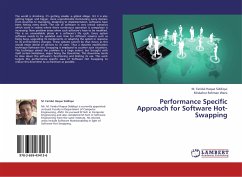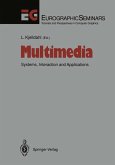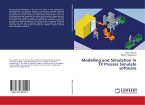Transactional memory (TM), a new programming paradigm, is one of the latest approaches to write programs for next generation multicore and multiprocessor systems. TM is an alternative to lock-based programming. It is a promising solution to a hefty and mounting problem that programmers are facing in developing programs for Chip Multi-Processor (CMP) architectures by simplifying synchronization to shared data structures in a way that is scalable and compos-able. Software Transactional Memory (STM) a full software approach of TM systems can be defined as non-blocking synchronization mechanism where sequential objects are automatically converted into concurrent objects. In this work, we present performance comparison of four different STM implementations - RSTM of V. J. Marathe, et al., TL2 of D. Dice, et al., TinySTM of P. Felber, et al. and SwissTM of A. Dragojevic, et al. It helps us in deep understanding of potential tradeoffs involved.
Bitte wählen Sie Ihr Anliegen aus.
Rechnungen
Retourenschein anfordern
Bestellstatus
Storno

